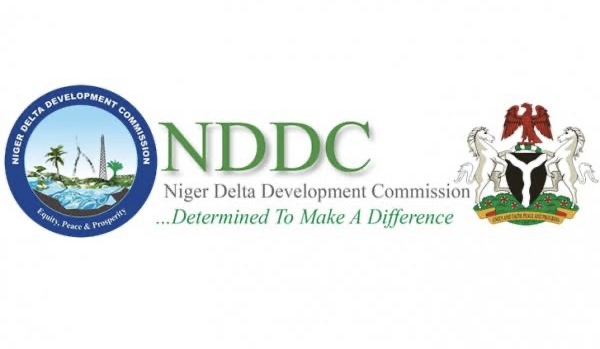Military years best for Nigeria: Babangida
![Former head of state, Ibrahim Badamosi Babangida. [PHOTO CREDIT: PM News]](https://gazettengr.com/wp-content/uploads/2020/10/Ibrahim-Badamosi-Babangida.jpg)
Ibrahim Babangida has credited military regimes for the few success stories Nigeria has recorded in public administration, contradicting the longstanding position of a plurality of Nigerians that the country’s deplorable state stemmed largely from unsolicited military interventions.
Mr. Babangida, who led a junta that ruled Nigeria from 1985 to 1993, said his government and other similar autocratic administrations before and after him improved the country’s infrastructure and even contributed to the emergence of its enduring civil rule.
“No, we didn’t provide problems. We tried to provide the framework upon which subsequent governments who are going to come after us could build upon,” Mr. Babangida told Channels TV in a recent interview. “Most of the infrastructural developments, even the democracy, we midwifed it. We started development, democracy, and a free-market economy.”
Nigeria attained independence in 1960. However, the country experienced 29 years of military rule characterised by gross human rights abuses, economic hardship, coup and counter coups.
Mr. Babangida’s claim underscored the perennial fissure between how everyday Nigerians and ex-military rulers remember the place of military dictatorships in the country’s 60-year history.
Starting with Aguiyi Ironsi in 1966 and ending with Abdulsalami Abubakar in 1999, the military regimes in Nigeria were filled with political drama, corruption, nepotism, abuses and even assassinations.
Mr. Babangida’s regime, for one, was responsible for a great deal of plunder, including the elusive Gulf War windfall which anti-graft campaigners estimated at over $12 billion. The retired dictator was also responsible for the annulment of 1993 presidential election reportedly won by Moshood Abiola. Mr. Abiola later died in detention in 1998 as he laboured to regain his mandate.
“Successive military regimes caused the collapse of civil service, so how did they midwife democracy?” Liborous Oshoma, a lawyer and public affairs analyst, told Peoples Gazette by telephone Saturday afternoon. “The military eroded democratic institutions.”
Mr. Oshoma, who took part in pro-democracy protests in the 1990s, said Mr. Babangida attempted to subvert democracy rather than joining its proponents.
“Babangida set up a kangaroo military tribunal that tried alleged coup plotters and eliminated them. Then people had no privileges to appeal against judgement of the military tribunal.
“When they wanted to hand over, the military drafted a constitution that reflected their mindset and that is why we have a federalism where a government goes to Abuja to take instructions and handouts. If not for coups, would we be discussing all these today?” Mr. Oshoma said.
Another lawyer in Abuja, Ken Eluma Asogwa, said the military intervention in governance marked a dark era in the country’s history.
“Nigeria had a blossoming economy in the ’60s. We had a regional system that was working for us before the military truncated our democracy in 1966 and made Nigeria a unitary state,” Mr. Eluma Asogwa said. “Today we call Nigeria a nascent democracy because the military never allowed it to work well.”
We have recently deactivated our website's comment provider in favour of other channels of distribution and commentary. We encourage you to join the conversation on our stories via our Facebook, Twitter and other social media pages.
More from Peoples Gazette

Politics
Katsina youths pledge to deliver over 2 million votes to Atiku
“Katsina State is Atiku’s political base because it is his second home.”

Education
Argentines protest budget cuts to public universities
The protestors are being joined by professors and students with their union leaders.

Sport
EPL: Everton hand Liverpool major upset in title race; Bruno Fernandes’ brace helps Man United return to winning ways
If City win the two games, they will go top of the table.

Heading 3
FRSC collaborates with judiciary for speedy trial of drivers involved in road crashes
“All drivers and vehicle owners who caused crashes on the roads would definitely face the wrath of the law.”

Africa
Tanzania shuts down five hydro stations to reduce excess power on national grid
This is the first time the country will be shutting its hydroelectric stations over excess production.

Abuja
Fuel Scarcity: Motorists lament as long queues resurface in FCT
They appealed to the federal government to resolve whatever the issues were.









